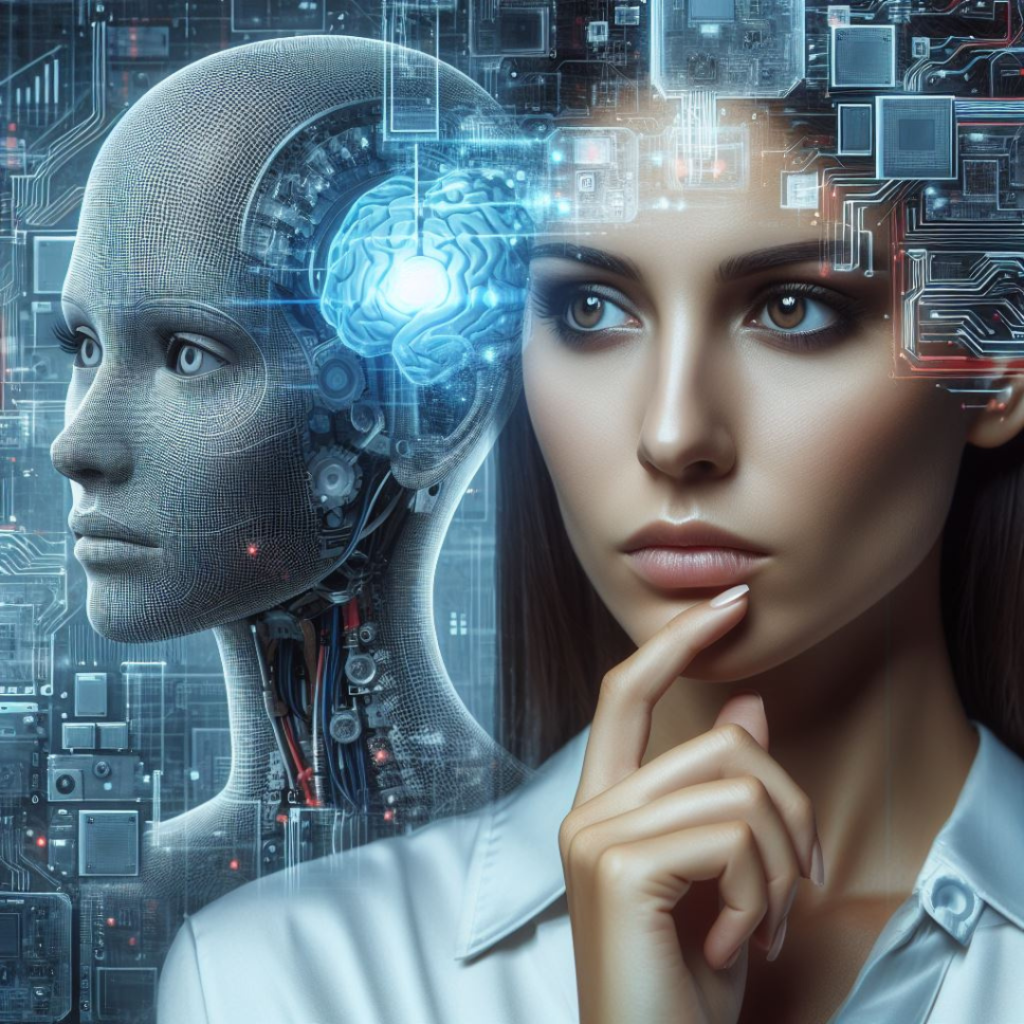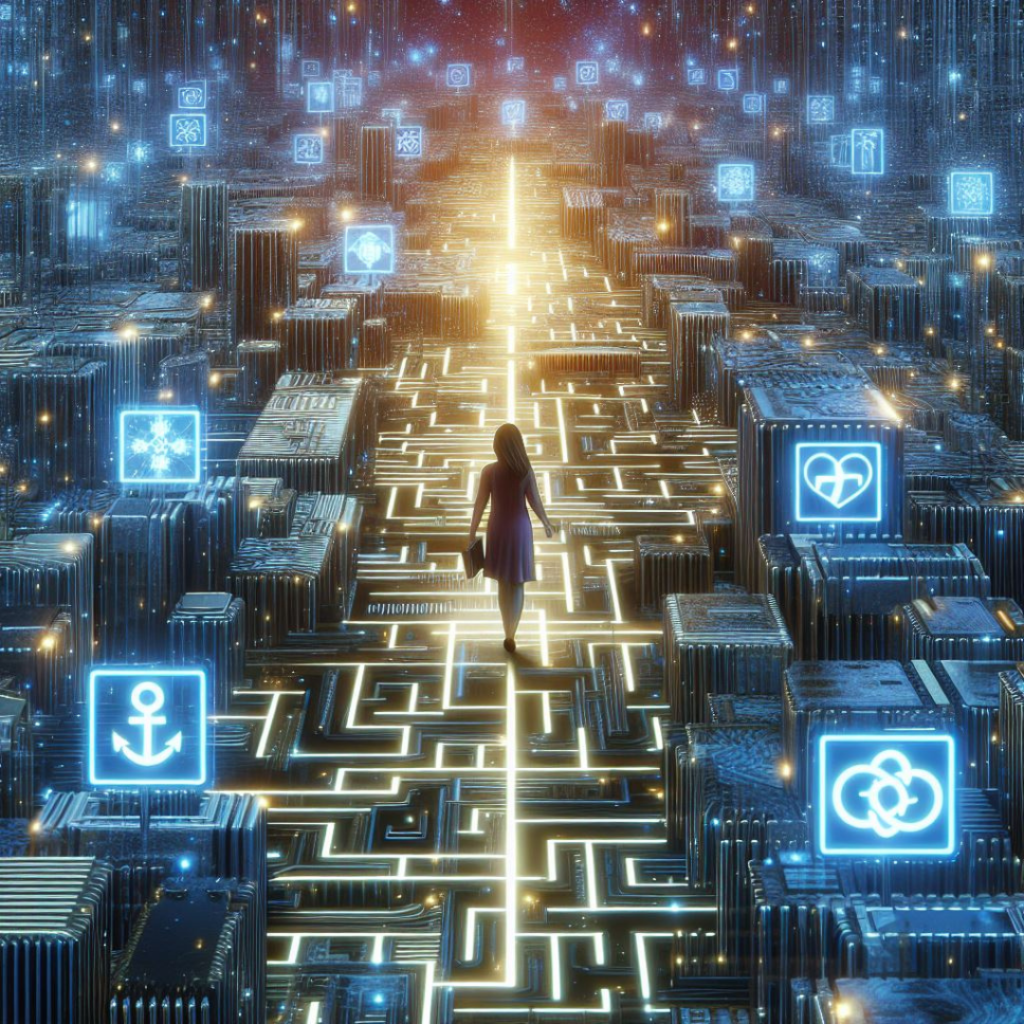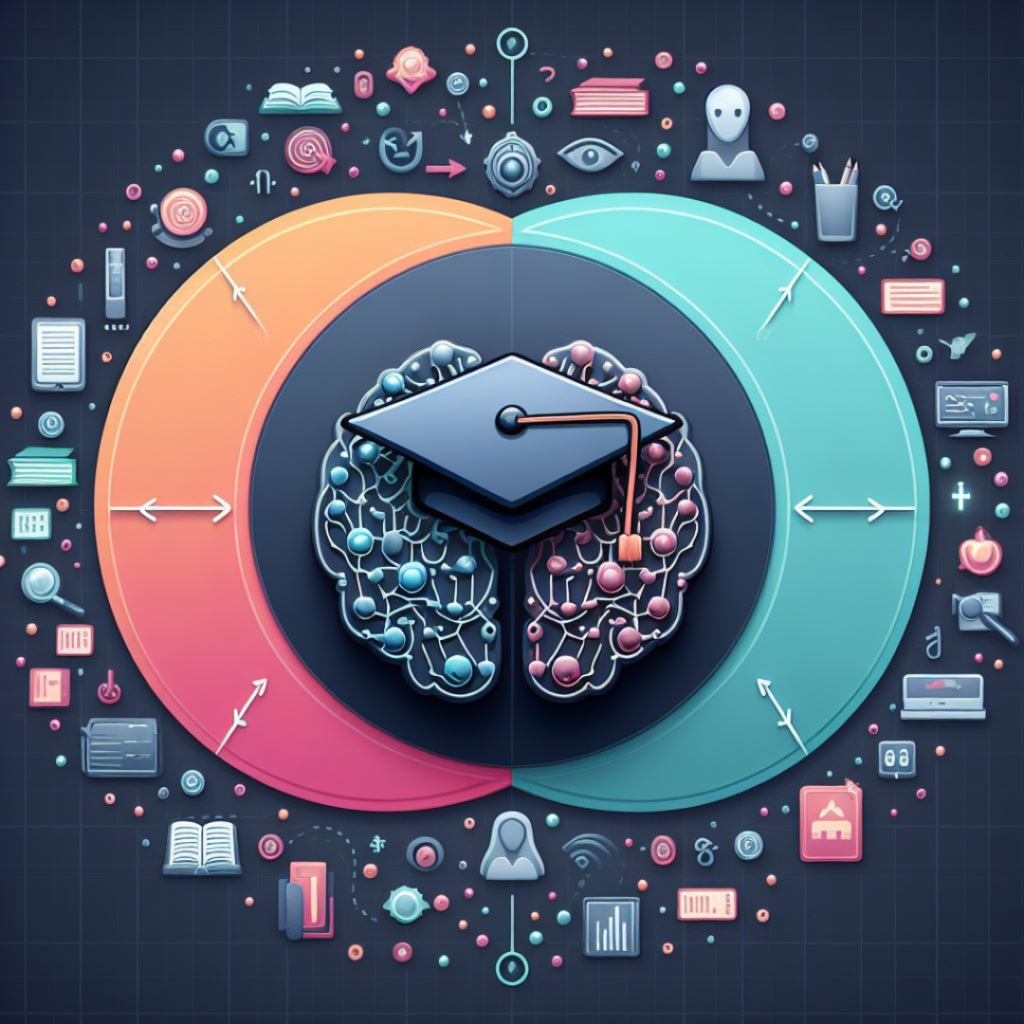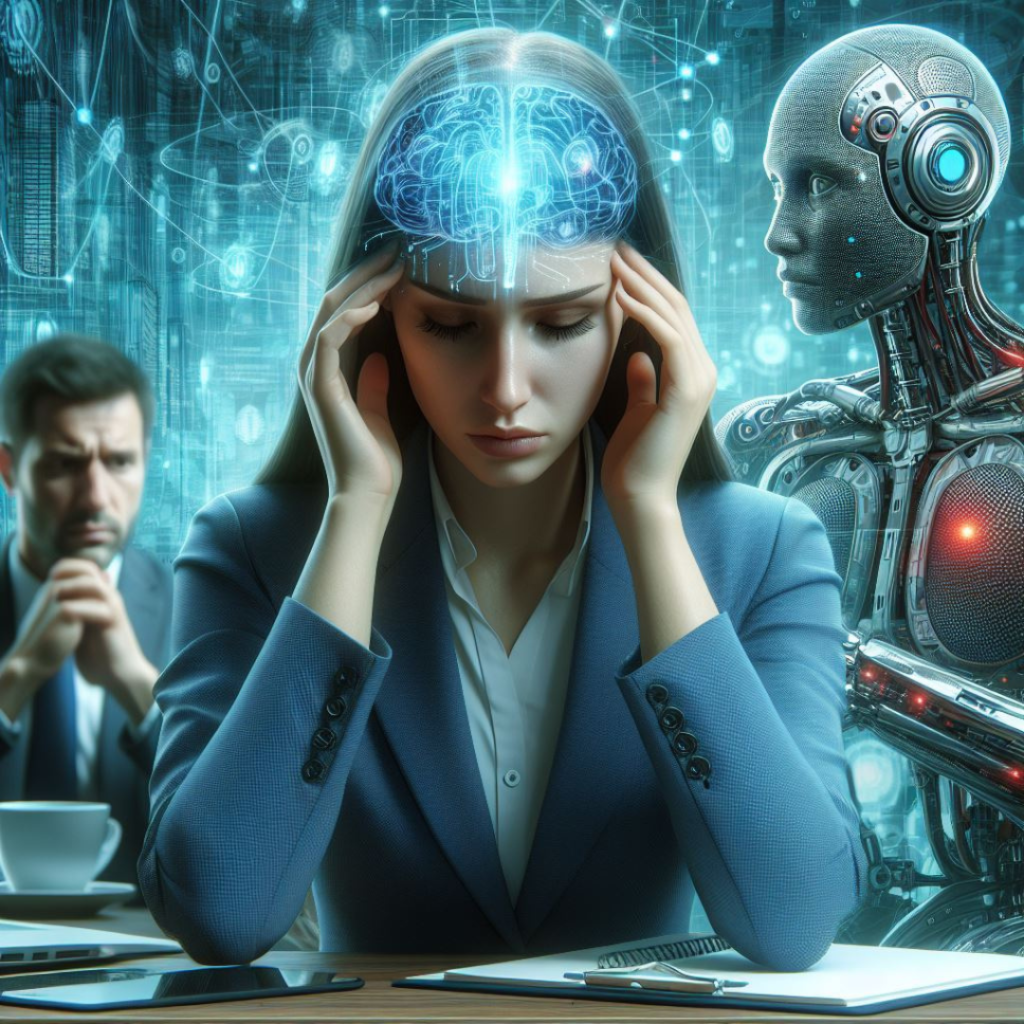Artificial Intelligence-Uncovering the Wonders of AI

Artificial intelligence (AI) is changing how we work, interact, and even unwind. It has merged itself into our daily lives with ease. AI is a shining example of innovation in this age of rapid technological advancement, bringing about transformations never seen before that affect every facet of our lives.
Know what is Artificial Intelligence and how it is getting incorporated in our daily lives. What are their advantages and disadvantages?
Artificial intelligence is a field that aims to create machines that can imitate human intelligence. This technology enables machines to learn, reason, and make decisions independently. The applications of AI are numerous and diverse, with subfields ranging from natural language processing to machine learning. It is a powerful tool that has the potential to revolutionize many aspects of our lives.
Artificial intelligence is a field that aims to create machines that can imitate human intelligence. This technology enables machines to learn, reason, and make decisions independently. The applications of AI are numerous and diverse, with subfields ranging from natural language processing to machine learning. It is a powerful tool that has the potential to revolutionize many aspects of our lives.
The Impact of Artificial Intelligence in Everyday Life

Artificial intelligence (AI) plays a crucial role in simplifying our daily lives in this fast-paced world. It customizes our experiences to our preferences in numerous ways, such as through virtual assistants like Siri and Alexa or the recommendation algorithms on streaming services. Its versatility has emerged as an essential factor in enhancing user experiences and improving the intuitiveness and usability of technology.
Artificial Intelligence in Business and Industry
Companies worldwide are using AI to improve efficiency and obtain a competitive advantage. Success is now closely associated with predictive analytics, automated procedures, and astute decision-making. Workflows are optimised through integrating AI technologies, which helps firms precisely manage the complexity of the contemporary market.
AI has become a vital ally in the healthcare industry. Artificial intelligence (AI) supports medical practitioners in delivering precise and efficient care, from diagnosis to customised treatment plans. Its remarkable speed at which it can analyse large datasets leads to better patient outcomes and early disease identification, a major improvement in healthcare procedures.
Getting Around the Artificial Intelligence Ethical Maze

But even as we marvel at AI’s miracles, we must confront the moral questions raised by this rapid advancement in technology. Algorithm bias, privacy issues, and the possibility of job displacement are problems that call for careful solutions. For AI to be successfully incorporated into our society, responsibility and creativity must coexist in harmony.
The Continuous Evolution of Artificial Intelligence
The field of AI is dynamic, with continuous advancements pushing the boundaries of what was once thought possible. Emerging technologies such as reinforcement learning and quantum computing promise even more sophisticated applications, fueling our curiosity about the future landscape of AI.
Artificial Intelligence and Creativity
Contrary to popular belief, artificial intelligence (AI) has a place in the creative domain. Many people have found inspiration in the artwork, music compositions, and even prose produced by AI. The combination of AI innovation and human ingenuity offers new possibilities and pushes boundaries.
The Intersection of Artificial Intelligence and Education

In education, AI acts as a personalized learning companion, adapting to individual student needs. From smart tutoring systems to automated grading, AI enhances the educational experience, fostering a more inclusive and effective learning environment.
As we navigate the intricacies of the AI landscape, it becomes evident that its potential is vast and transformative. The synergy between human intuition and AI capabilities holds the key to unlocking innovative solutions to longstanding challenges, paving the way for a future where technology serves humanity in unprecedented ways.
Absence of AI Explainability and Transparency
Understanding AI and deep learning models can be challenging even for those who deal closely with the technology. Because of this, it becomes difficult to understand what data AI algorithms use or why they might make risky or biased decisions. As a result, there is a lack of openness regarding how and why AI draws its findings. Explainable AI has become popular as a result of these worries, but transparent AI systems are still a ways off from becoming standard.
AI automation leading to job losses

The increasing adoption of AI-powered job automation in sectors like marketing, manufacturing, and healthcare raises severe concerns. Up to 30% of hours currently worked in the US economy might be automated by 2030, according to McKinsey, with Black and Hispanic workers being disproportionately affected. According to Goldman Sachs, AI automation could result in the loss of 300 million full-time employees.
The advancement of AI technology is expected to reduce the number of human workers required to perform certain tasks, as AI robots become more intelligent and skilled. Despite the projection that artificial intelligence will create around 97 million new job opportunities by 2025, many workers may not be equipped with the necessary technical skills for these positions. Therefore, employers must modernize their workforce to avoid leaving some workers behind.
The lines between online media and news have become increasingly blurred due to the rise of AI-generated images and videos, AI voice changers, and deepfakes. These technologies make it easy to create convincing photos, videos, and audio clips, or replace the image of one person with another in an existing picture or video. Unfortunately, this has given rise to the sharing of false information and propaganda by bad actors, making it difficult to distinguish between credible and faulty news. This is a nightmare scenario for everyone as it poses a serious threat to our ability to make informed decisions.
“Nobody knows what’s real and what’s not,” Ford stated. That’s going to be a big problem because it puts you in a position where you literally can’t accept what your eyes and ears are telling you. You can’t trust the evidence that has historically been seen to be the finest available.

